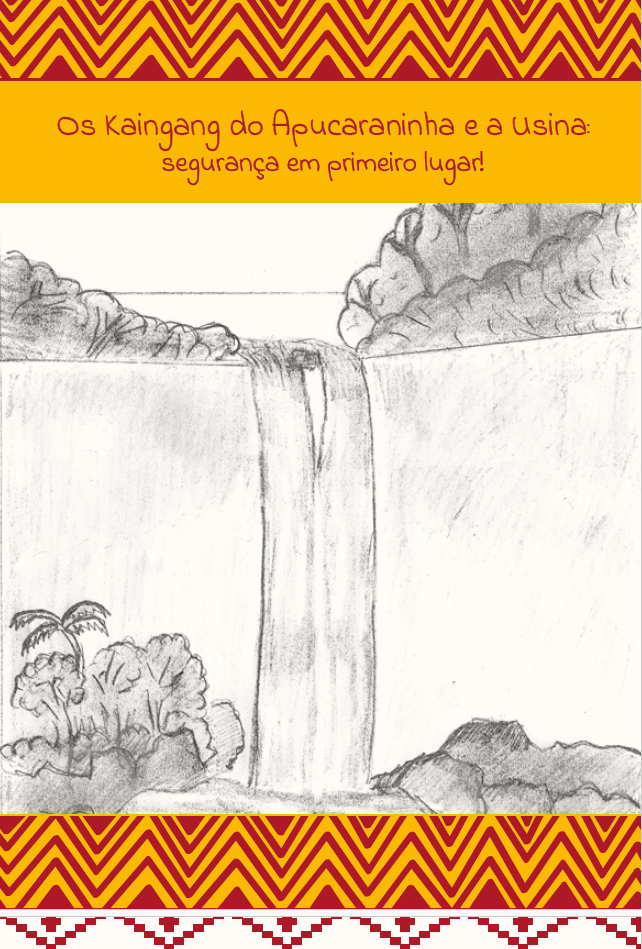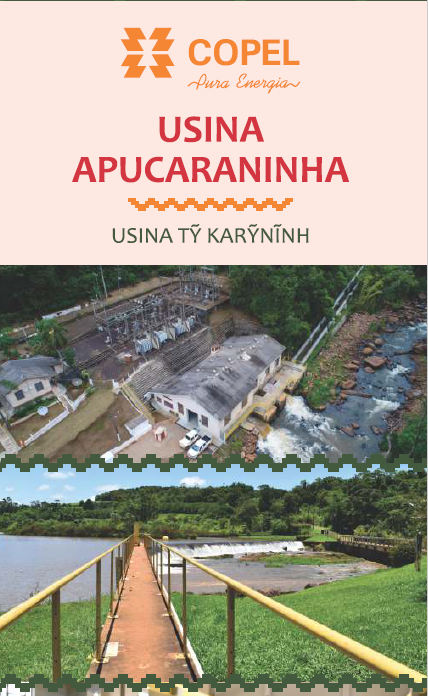Traditional Communities
Copel participates in the meetings of the State Councils related to Indigenous Peoples and Traditional Peoples and Communities in Paraná, seeking to provide special assistance in accepting demands and providing clarifications to all participants.
Several licensing and intervening bodies participate in the meetings, such as the Water and Land Institute (IAT), National Foundation of Indigenous Peoples (FUNAI), Palmares Foundation, IBAMA, INCRA, DNIT and ICMBio, as well as representatives of traditional communities (quilombolas, riverside , faxinals, indigenous people and traditional artisanal fishermen).
Copel Geração e Transmissão (Copel GeT) contributes with actions aimed at traditional populations located in the areas surrounding projects, aiming at the socioeconomic sustainability and cultural appreciation of these communities. One of these communities belongs to the Barão de Antonina Indigenous Land, in São Jerônimo da Serra, which is intercepted by the Figueira – Apucarana 230 kV Transmission Line.
The execution of the activities were made possible through the creation of specific Funds held by the respective communities with the aim of financing programs within indigenous lands, under shared management. In addition, the Company annually transfers the amounts of annual financial compensation to these communities due to the operation of the projects, with the resources being applied by the communities in environmental, cultural and other activities.
Copel GeT is also carrying out the Basic Environmental Plan for the Indigenous Component of the Governador Jayme Canet Junior (Mauá) Hydroelectric Power Plant – UHE GJC, installed on the Tibagi River. Another highlight was the socio-environmental studies carried out in the communities of Mococa and Queimadas, which resulted in a matrix of impacts on indigenous lands. Based on Technical Note No. 6 – Opinion/2005, the Federal Public Prosecutor’s Office requested the inclusion of six more indigenous communities: Apucaraninha, Barão de Antonina, São Jerônimo Laranjinha, Pinhalzinho and Ywy Porã (the latter three in the Cinzas River Basin), leading to the preparation of Anthropological Report 01/2010. These studies were the basis for the creation of the Basic Environmental Project – Indigenous Component (PBA-CI), approved by FUNAI as a requirement for licensing the Governador Jayme Canet Junior HPP (condition 41 of License No. 27,431). Since July 2012, the PBA-CI has been carried out with technical and financial support from Copel, and annual reports on its actions have been sent to Funai.
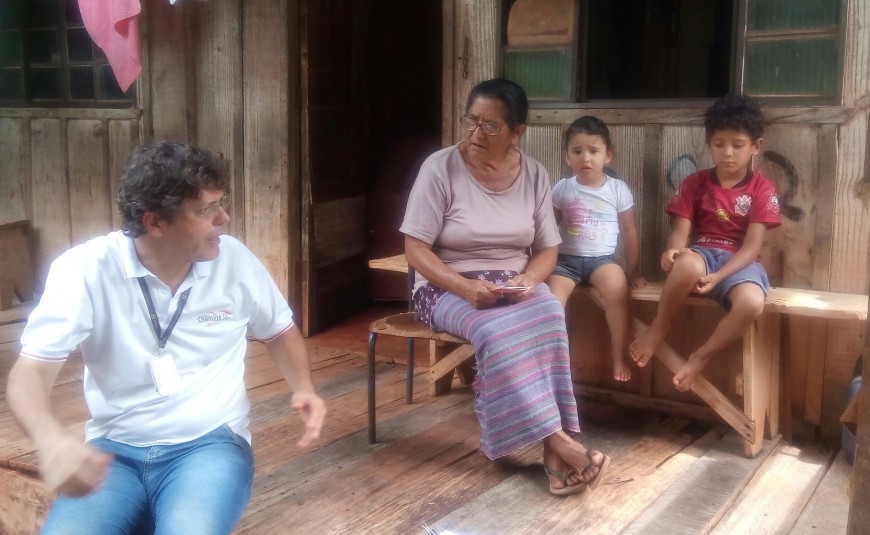
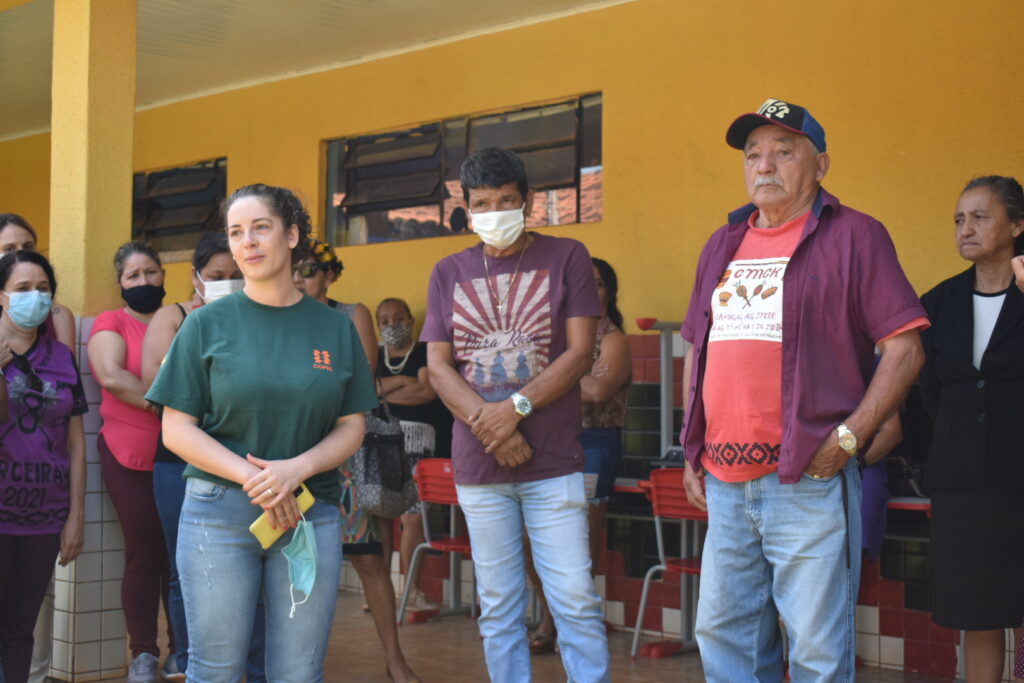
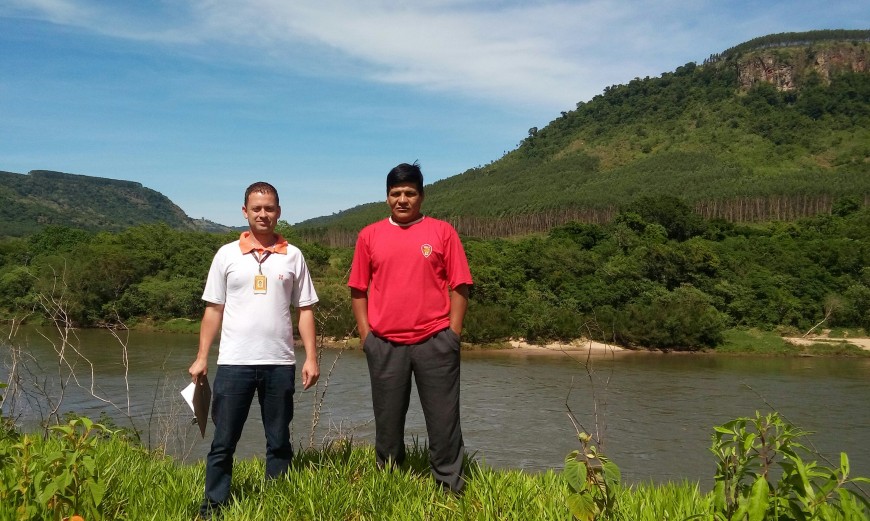
Copel Distribuição (Copel DIS) also works to improve access to energy for Traditional Peoples and Communities. Preliminary studies for the choice of service alternatives in isolated Indigenous Lands and Traditional Communities are carried out in compliance with the Free, Prior and Informed Consultation dictates of Convention 169 of the International Labor Organization. In 2024, photovoltaic plants were installed on Cotinga Island, located in the municipality of Paranaguá, state of Paraná, to serve the homes of indigenous families and community facilities in the interior of the island.
In 2024, studies were also carried out to assess the impact on archaeological heritage and environmental control in the Cerco Grande Indigenous Land (TI), in the municipality of Guaraqueçaba – PR. The activities carried out are aimed at subsidizing the future implementation of an electricity distribution network to serve the Cerco Grande Indigenous Land (TI). The aim of implementing the project is to improve the quality and reliability of the electricity supply to the Cerco Grande Indigenous Land, which is currently served by isolated photovoltaic systems.
Copel Distribuição is registering families from Traditional Peoples and Communities in the Social Electricity Tariff Program, guaranteeing more accessible conditions for energy consumption. In 2024, 1,588 indigenous families and 673 quilombola families benefited from the program.

